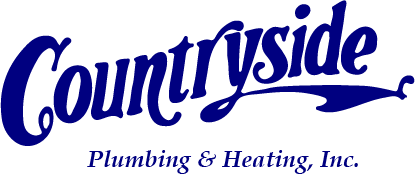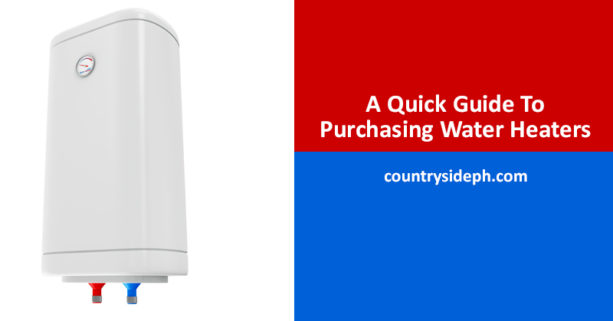Quick Guide to Purchasing Water Heaters
How to Choose a Water Heater
Next to heating and cooling, water heating is the next biggest consumer of energy in your home. So whether you’re looking to replace a heater in an existing home or you’re looking at options of water heating for a new home, it pays to do some research. The first thing you’ll want to do is familiarize yourself with the different types of water heater.
Types of Hot Water Heaters
The first type of heater, the one that most everyone is familiar with and the oldest technology in heating water, is the tank style heater. These are usually the lowest-efficiency method of water heating, but also the least cost-intensive in the beginning. They come in a number of different sizes and efficiency ratings and can easily meet all hot water needs.
The next type of water heater is the tankless water heater. These are single-unit heaters that heat water as it passes through the system only. The efficiencies gained here are by not keeping a large volume of water at temperature, but on an as-needed basis. The downside is that the initial costs are higher than the tank style and electric heaters aren’t as effective as gas heaters. Properly set up however, they can more than meet the demands of an average house’s needs. There are also point-of-use tankless water heaters which are installed as close to the intended point of use as possible, such as under a bathroom sink, and can provide efficiently-generated hot water.
Solar heating is another option in water heating. These systems are virtually cost-free to operate provided you live in an area that receives a fair amount of sunshine each year. With solar heating, you will still need another supplemental heater to provide hot water on cloudy days or at night.
The next option in water heating is the heat pump water heater. These work by moving heat from the air around the heater, to the water inside the heater. You can think of these as working sort of like an air conditioner in reverse. These systems are very efficient and offer substantial savings in energy costs. However the initial costs can be higher and they operate best where the air around the heater stays in a certain temperature range.
Follow the Countryside Plumbing & Heating blog to stay up to date on all the advancements in HVAC and plumbing technology.




